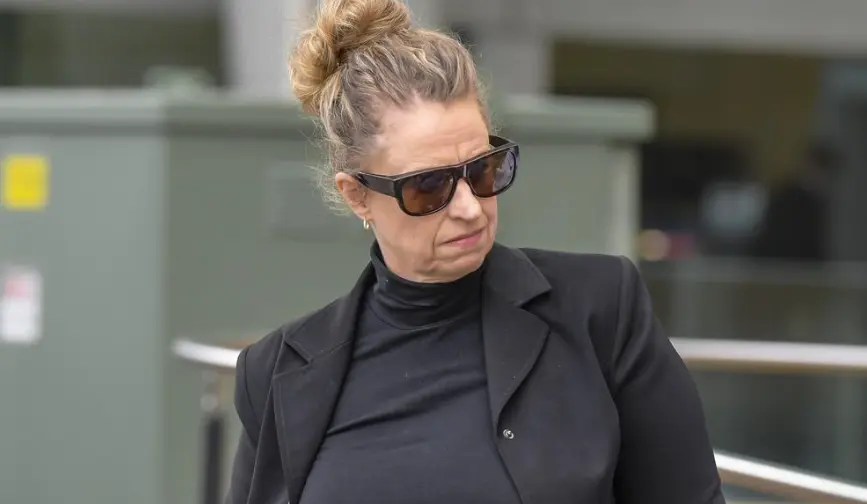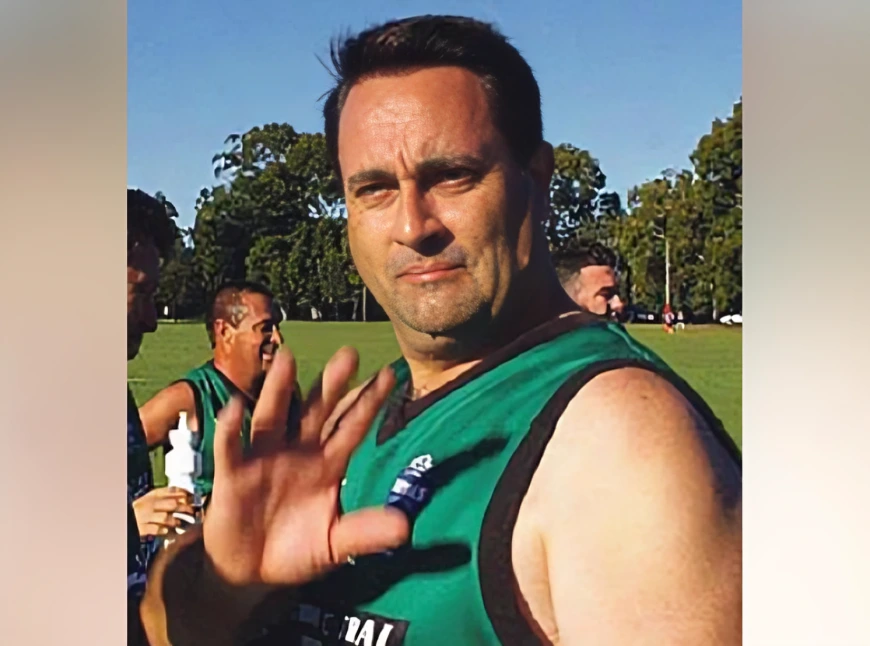Now Reading: Brian Cohee explained: crime and sentence
-
01
Brian Cohee explained: crime and sentence
Brian Cohee explained: crime and sentence

The Brian Cohee case generated news in the United States and around the world, including in Australia. The case concerns the tragic murder of Warren Barnes, a 69-year-old man from Grand Junction, Colorado. It raises significant issues about mental health, public safety and the justice system. Australians who read about real-life crimes were most disturbed by the violence of the crime and the court proceedings that followed.
Who is Brian Cohee?
Brian Anthony Cohee Jr., also known as Brian Cohee II in court records, was 19 years old when he committed the crime. He lived in Mesa County, Colorado, and there was evidence that he had previous mental health issues. During the trial, the defence raised these concerns, while the prosecution emphasised premeditation and the defendant’s responsibility for his actions.
Cohee’s past became a prominent issue of discussion, particularly the role of mental health intervention and the broader ramifications for community safety.
The victim: Warren Barnes
Warren Barnes was well-known throughout downtown Grand Junction. Barnes, who was known as the “reading man” in the neighbourhood, frequently read books outside a wedding shop. Those who knew him described him as quiet, gentle and pleasant.
Following his death, the community installed a metal memorial chair near where he normally sat. It commemorates his life while also serving as a reminder of the importance of keeping vulnerable individuals safe in public. For Australians, this memorial demonstrated how communities can remember victims without making crime appear more interesting.
What happened in February 2021
Warren Barnes was attacked on February 27, 2021, under a highway overpass in Grand Junction. The attack killed him, shocking the residents in the vicinity. A few days later, a new finding at Cohee’s family’s home prompted a 911 call, resulting in his arrest and charges of first-degree murder and tampering-related felonies.
Early news coverage focused on the arrest and initial charges. This sparked discussions in the United States and other nations about public safety and how to protect vulnerable individuals.
The legal process and verdict
Plea and trial
Cohee claimed he wasn’t guilty because he was insane in January 2022. The case was tried before a jury in Mesa County on January 17, 2023. The trial examined Cohee’s mental condition, previous behaviours, and whether he was aware of the consequences of his acts.
Guilty verdict
On February 3, 2023, the jury convicted Brian Cohee of first-degree murder and other tampering-related charges. The jury’s judgement indicated that they believed Cohee was fully conscious of his actions when he committed the crime, despite his history of mental health issues.
Sentence
On February 6, 2023, Cohee received a life sentence without parole, plus additional years for tampering. This punishment ensured that he would never be able to return to society, and it marked the end of one of Mesa County’s most closely watched criminal cases.
Important dates at a glance.
- 27 February 2021: Warren Barnes was killed in Grand Junction, Colorado.
- Early March 2021: Cohee was arrested and charged.
- January 2022: The defendant pled not guilty due to insanity.
- 17 January 2023: Jury trial begins.
- 3 February 2023: the jury found Cohee guilty.
- 6 February 2023: A life sentence without the possibility of release was imposed.
Why Australians are interested in the case
Despite the fact that the crime occurred in the United States, it resonated with Australians for several reasons:
- Victim-centered storytelling: Most Australian news stories focus on people who have been harmed by crimes. People were interested in Barnes’ memorial and how they remembered him.
- Discussions on safety and homelessness: The incident demonstrates how unsafe people can be in public settings, which is also a concern for Australian cities dealing with homelessness.
- Mental health and legal accountability: An increasing number of Australians are becoming aware of how mental health difficulties can lead to criminal action and how courts determine who is liable.
What We Learned From the Brian Cohee Case
Respect the victim
One thing to remember is the importance of reporting crimes in a victim-centered manner. Barnes’ commemoration in the community demonstrates how remembering someone with respect can help people move on and prevent tragedies from occurring again.
Addressing vulnerability in public spaces
The incident demonstrates that we must do more to assist those who are vulnerable. Cities in Australia could benefit from learning how to support homeless individuals by providing them with shelter, outreach activities, and safety precautions.
Mental health and early intervention
Cohee’s history of mental health concerns demonstrates the importance of seeking help promptly. The jury found him guilty, but the case demonstrates how early intervention and monitoring can prevent violent behaviour from occurring.
Conclusion
The Brian Cohee case is a heartbreaking reminder of what may happen when people are violent, as well as the importance of seeking care for mental health difficulties. Australians watching the case can reflect on victim advocacy, community safety and how societies deal with the vulnerable and in danger.
Even if the crime occurred far away, the lessons are relevant to everyone: protecting the vulnerable, respecting victims and ensuring that justice is fair and full.



























